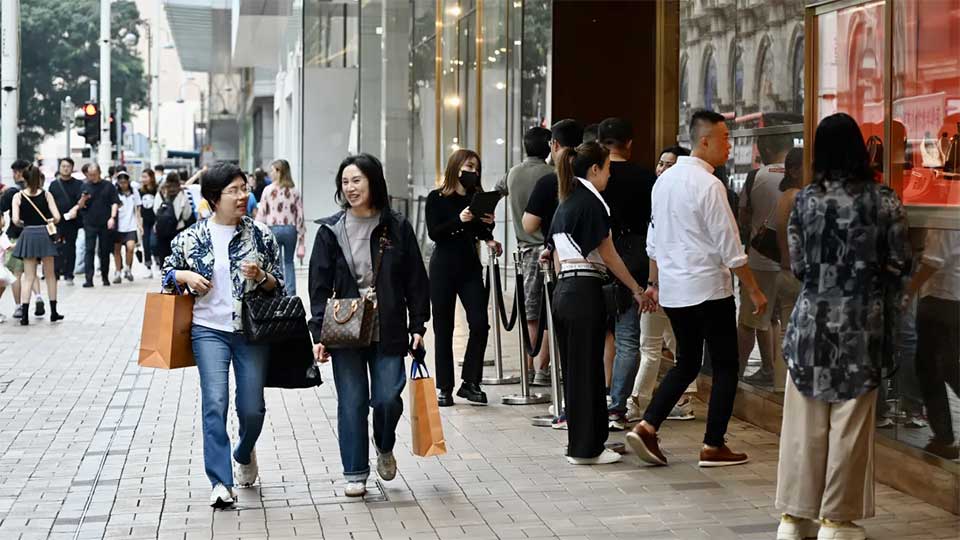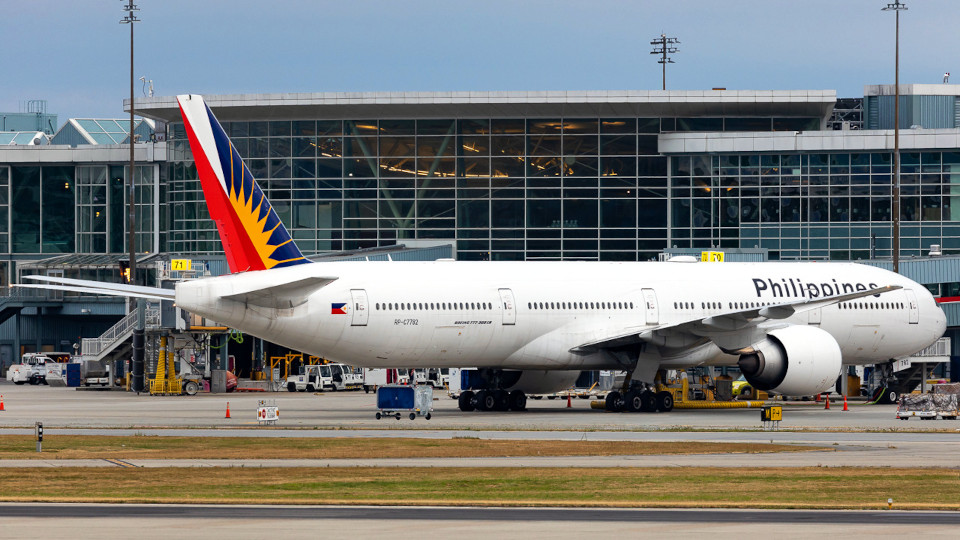
Dhaka: China is rapidly emerging as a global shopping destination, with international tourists driving a sharp rise in tax refund activity.
Outbound tax refund claims surged nearly 250pc in the first eight months of 2025, underlining the success of policy shifts aimed at boosting tourism and consumer spending.
According to Shanghai Customs, 96,600 tax refund applications were filed for goods worth 2.07 billion yuan ($290 million), up 168pc in volume and 83pc in value year-on-year.
These figures have already surpassed totals from all of last year. At Shanghai’s Hongqiao Airport, over 3,300 refund claims were processed during peak summer months, reflecting growing interest in cross-border shopping.
The trend follows policy reforms rolled out in April that reduced refund thresholds, increased cash refund limits, and expanded eligible product categories and store participation.
By the end of August, over 10,000 tax refund shops were operating nationwide — three times more than the previous year.
Data from the State Administration of Fiscal Affairs shows a 247.8pc rise in individuals receiving refunds, a 97.5pc increase in duty-free sales, and a 96.9pc jump in total refund amounts.
Cities across China are capitalizing on the boom. Chengdu is launching its first downtown duty-free store this week for international travelers. It follows recent approvals for new duty-free locations in eight major cities, including Guangzhou, Shenzhen, Tianjin, and Xi’an.
The China Duty Free Group has secured key operating contracts in several of these locations.
Hangzhou has also reported significant growth, with 267 duty-free stores — up 126pc year-on-year — and a 785pc increase in "refund-at-purchase" shops. Sales of eligible goods have more than doubled since January.
Experts say the shift from “China travel” to “China shopping” reflects the country’s strategy to transform inbound tourism into a key driver of domestic consumption.
Visa-free policies and easier refund processes are helping attract high-spending travelers from Europe and Southeast Asia.
As China’s duty-free market expands, authorities see it as a way to promote economic growth while offering international visitors a seamless, high-value retail experience.
-B











